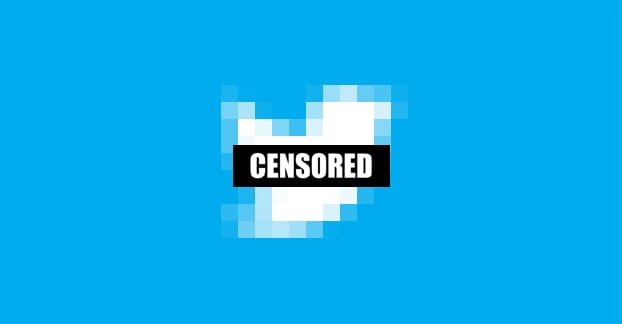
In today’s digital age, maintaining a positive online reputation is crucial for both personal and professional success. Unfortunately, adult content, whether it’s explicit images, videos, or other inappropriate materials, can surface online and tarnish one’s reputation. This comprehensive guide will help you understand the steps and strategies necessary to adult content removal from the internet and protect your online image.
Understanding the Impact of Adult Content on Reputation
Adult content, once associated with your name or brand, can have severe repercussions. It can damage personal relationships, harm professional opportunities, and lead to emotional distress. Employers, clients, colleagues, and even friends often search online for information, and finding such content can significantly alter their perception of you.
Steps to Remove Adult Content
- Identify the Content
The first step in remove onlyfans leaks is identifying all instances where it appears. Conduct thorough searches using various search engines with keywords associated with your name or brand. Set up Google Alerts to notify you whenever new content mentioning you appears online. Additionally, utilize reverse image search tools like Google Images or TinEye to find explicit photos or videos.
- Contact Website Administrators
Once you’ve identified the content, the next step is to contact the administrators of the websites hosting the material. Most websites have a contact page or an abuse reporting system. When contacting them, be polite and concise. Provide specific URLs where the content is located and explain why you want it removed. Emphasize any violations of the website’s terms of service or privacy policies.
- Legal Recourse
If contacting website administrators doesn’t yield results, consider legal action. There are several legal avenues available:
Cease and Desist Letters: These are formal requests to stop illegal activities. Have a lawyer draft a cease and desist letter to the offending website or individual, demanding the removal of the content.
DMCA Takedown Notices: The Digital Millennium Copyright Act (DMCA) allows copyright holders to request the removal of infringing content. If the adult content involves copyrighted material, such as stolen images or videos, you can file a DMCA takedown notice.
Defamation Lawsuits: If the adult content is defamatory, you can file a lawsuit for defamation. Defamation involves false statements that harm your reputation. Consult with a legal professional to determine if this route is viable for your situation.
- Use Professional Services
Several companies specialize in online reputation management and content removal. These services can be particularly effective if the content is widespread or difficult to remove. They employ a combination of technical tools and legal expertise to remove unwanted content and suppress negative search results.
- Improve Your Online Presence
While working on removing adult content, simultaneously focus on building a positive online presence. Create and manage profiles on social media platforms and professional networks like LinkedIn. Regularly update your profiles with professional achievements, positive content, and engaging posts. This helps to push down negative content in search results, making it less visible.
- Monitor Your Online Reputation
Continuous monitoring is essential to ensure that new instances of adult content do not appear. Use tools like Google Alerts, Mention, and BrandYourself to stay informed about any new content that mentions you. Promptly address any issues that arise to prevent them from escalating.
Preventive Measures
Preventing adult content from appearing online is just as important as removing it. Here are some preventive measures you can take:
Privacy Settings: Adjust privacy settings on social media platforms to limit who can view your posts and personal information. Be cautious about sharing sensitive information or images online.
Personal Information: Be mindful of the information you share on public forums, websites, and social media. Avoid sharing personal details that can be used against you.
Security Measures: Implement strong security measures to protect your online accounts. Use complex passwords, enable two-factor authentication, and regularly update your security settings.
Education and Awareness: Educate yourself and others about the risks associated with sharing explicit content online. Promote awareness about the importance of digital privacy and security.
Conclusion
Protecting your online reputation from the impact of adult content requires a proactive and multifaceted approach. By identifying and remove onlyfans leaks, seeking legal recourse when necessary, utilizing professional services, and continuously monitoring and enhancing your online presence, you can mitigate the damage and maintain a positive reputation. Prevention is equally critical—by being mindful of your digital footprint and implementing robust security measures, you can safeguard your online image against future threats.
Remember, maintaining your online reputation is an ongoing process. Stay vigilant, informed, and proactive to ensure that your digital presence reflects the best version of yourself.
